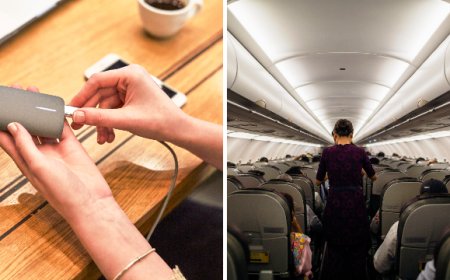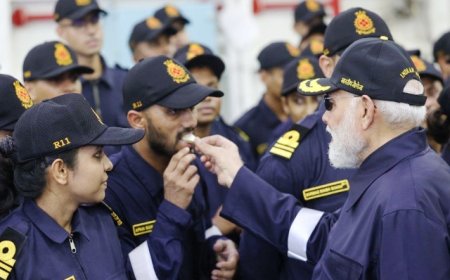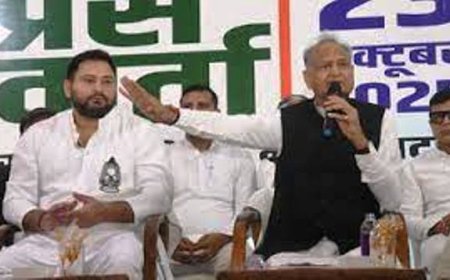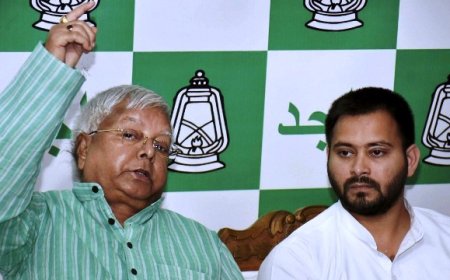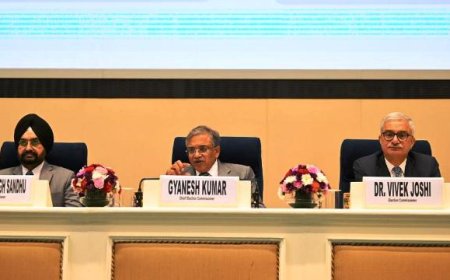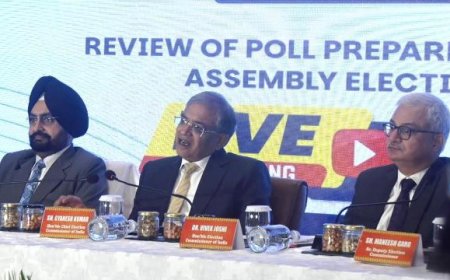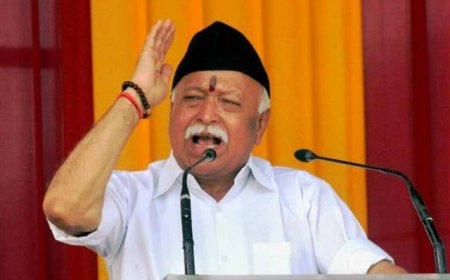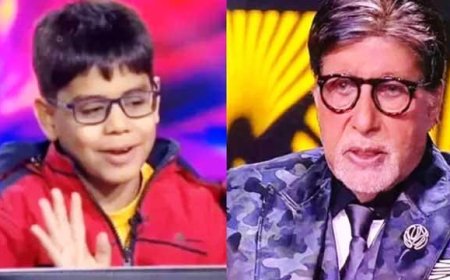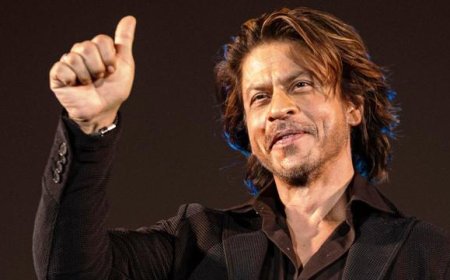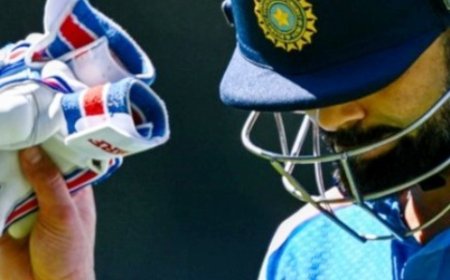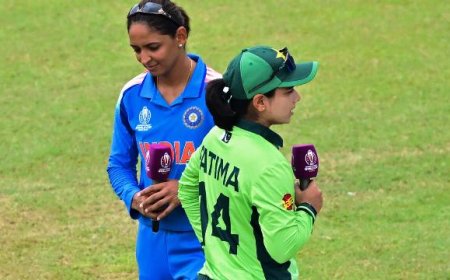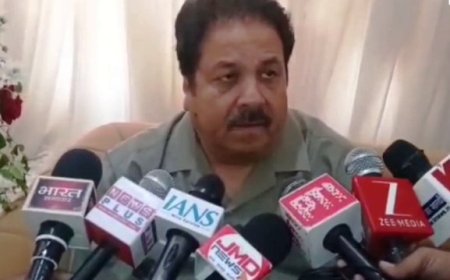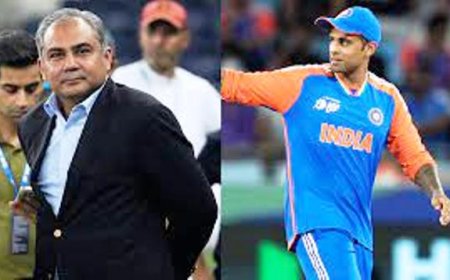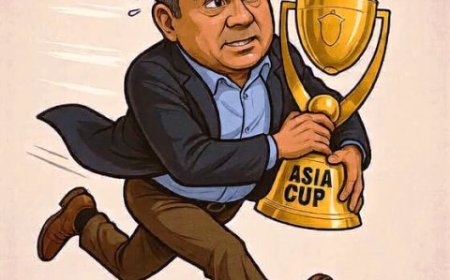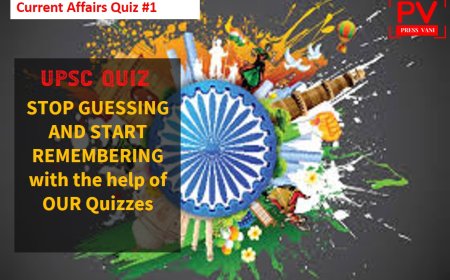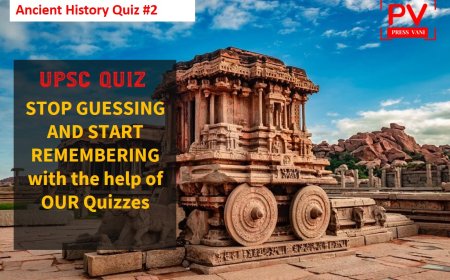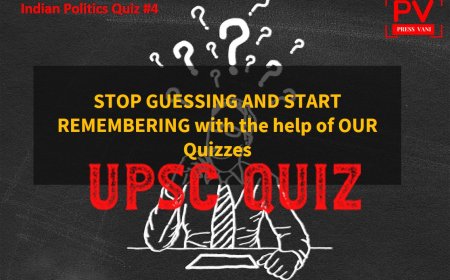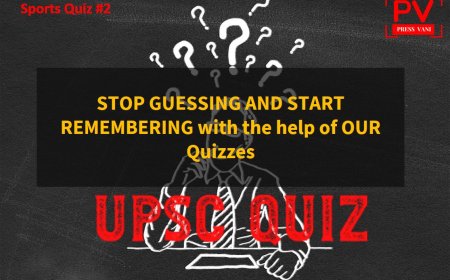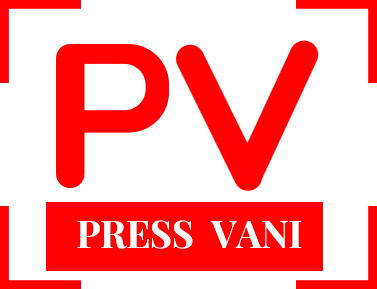Guarantee of accessible justice to all is vital: PM
Prime Minister Narendra Modi while speaking at the Platinum Jubilee Celebrations of Rajasthan High Court in Jodhpur on Sunday said that it is vital that there should be a guarantee of simple, easy and accessible justice for everyone.

Prime Minister Narendra Modi while speaking at the Platinum Jubilee Celebrations of Rajasthan High Court in Jodhpur on Sunday said that it is vital that there should be a guarantee of simple, easy and accessible justice for everyone as the country moves towards the dream of a developed India. Modi also referred to his Independence Day remark on the 'secular civil code' and said that the judiciary has been advocating this for decades. To provide justice for all, the Prime Minister said, “Innovation and modernisation of the system are equally important.”
Mentioning about India’s rise to the 5th largest economy in the world from the 10th position Modi said that today the people's dreams, their aspirations are bigger, "so it is important that our systems are modernised".
Prime Minister also expressed pleasure in becoming a part of the Platinum Jubilee celebrations of the Rajasthan High Court and said that the Rajasthan High Court is completing 75 years at a time when the Constitution of India is about to complete its 75 years. Therefore, the Prime Minister said, it is an occasion to celebrate the justice, integrity and dedication of many great personalities.
“Today’s event is an example of the nation’s belief towards the Constitution”, the Prime Minister remarked, as he congratulated all flag bearers of justice and the people of Rajasthan on the occasion.
The Prime Minister observed that justice is simple and lucid, but, at times the procedures make it complex. Modi added that it is our collective responsibility to make all efforts to make justice as simple and lucid as possible. He expressed happiness that India had made multiple historic and crucial efforts in this direction. He further added that the Government had repealed many irrelevant colonial laws.
Modi remarked that he had continuously mentioned the centuries-old system of our mediation process on many occasions in the past. He emphasised that the “alternate dispute resolution” mechanism has become an important way for cost-effective and quick decisions in the country today.
Recalling the efforts of Sardar Vallabh Bhai Patel to bring together more than 500 states and weave it in a single thread of unity to form India, the Prime Minister pointed out that the various princely states of Rajasthan such as Jaipur, Udaipur and Kota had their own high courts which were integrated to bring the Rajasthan High Court into existence. “National unity is the foundational stone of India’s judicial system and strengthening it will further strengthen the nation and its systems”, Modi remarked.
Modi noted that India, after decades of independence, emerging out of the colonial mindset had adopted the Bharatiya Nyaya Sanhita replacing the Indian Penal Code. He added that the Bharatiya Nyaya Sanhita was based on the ideals of ‘Justice in place of Punishment’ which is also the basis of Indian thought. Expressing confidence that Bharatiya Nyaya Sanhita will advance human thought and free us from the colonial mindset, he urged countrymen to make the spirit of Bharatiya Nyaya Sanhita as effective as possible.
PM Narendra Modi underscored the key role of technology in revolutionising country’s judicial system and gave the example of the ‘E-Courts’ project. He informed that over 18,000 courts in the country have been computerised so far and information pertaining to more than 260 million court matters has been made available on a centralised online platform through the National Judicial Data Grid. Modi informed that more than 3000 court complexes and over 1200 prisons have been connected to video conferencing platforms.
Talking about the humanitarian law of Citizenship Amendment Act (CAA), the Prime Minister said that the court’s decisions have clarified their stand on natural justice. Modi also underlined that the Supreme Court and the High Courts have strengthened the resolve of ‘nation first’. “Judiciary has consistently carried the moral responsibility of being vigilant and active on national issues”, the Prime Minister remarked. He said that the abrogation of Article 370 from Jammu & Kashmir presents a perfect example of India’s integration.
Expressing confidence that the Courts will continue to give top priority to ‘ease of justice’, the Prime Minister underlined that there is work to be done in making legal documents and judgments available to people in local languages. He said that the Supreme Court of India had already begun the work in this direction. Modi also hailed all the unique efforts undertaken by the judiciary and said “It is very important that simple, accessible and easy justice is guaranteed for everyone in Viksit Bharat”.
What's Your Reaction?








